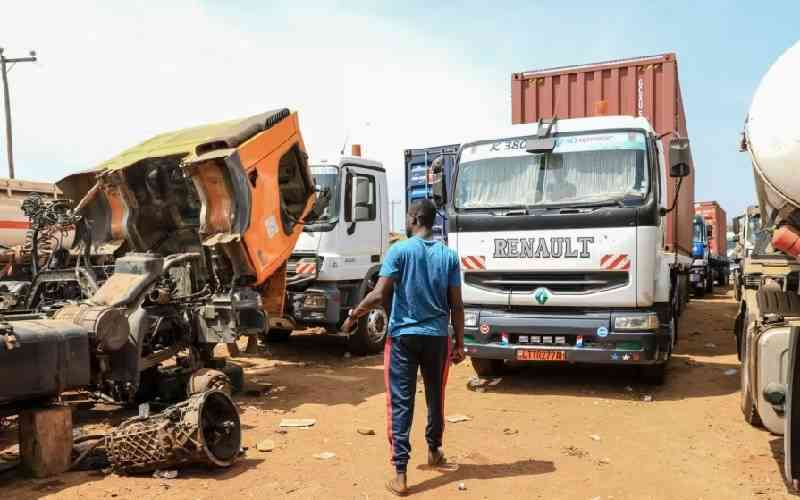
Transport ministers from landlocked central African countries say increasing commodity prices are causing civil strife in Chad and the Central African Republic. The ministers, meeting Friday in Cameroon, say the three countries want to find immediate solutions to obstacles facing the transportation of goods moving from Cameroon's Douala and Kribi seaports to central African states.
The Douala and Kribi seaports handle 90 percent of goods delivered to Chad and the Central African Republic, or C.A.R. The ministers and transport officials, meeting in the city of Kribi this week, said goods now take about a month instead of two weeks to arrive in Chad's capital, N'djamena.